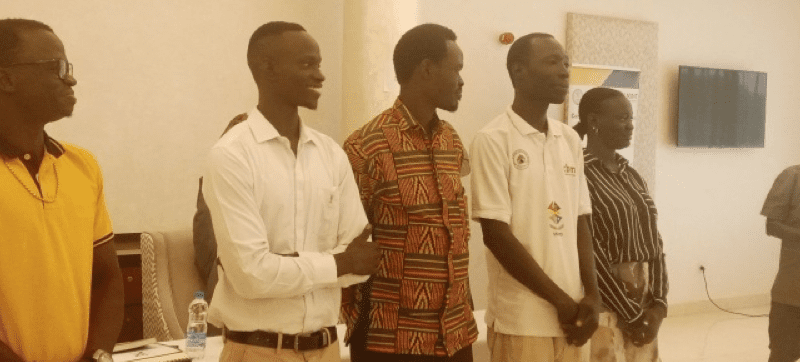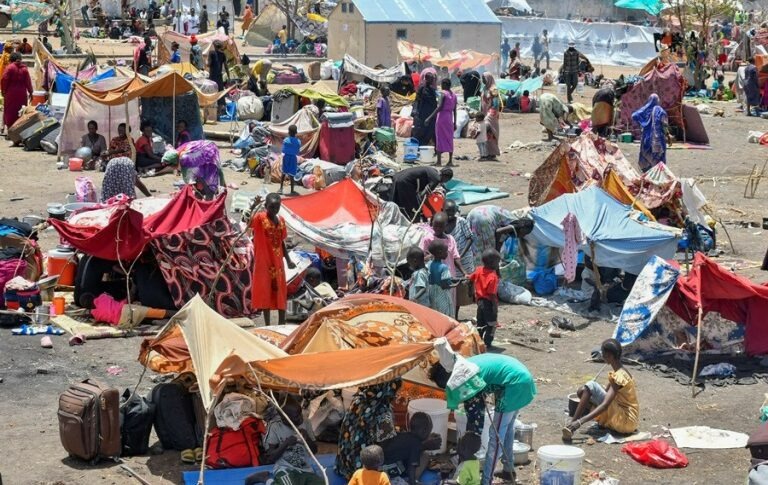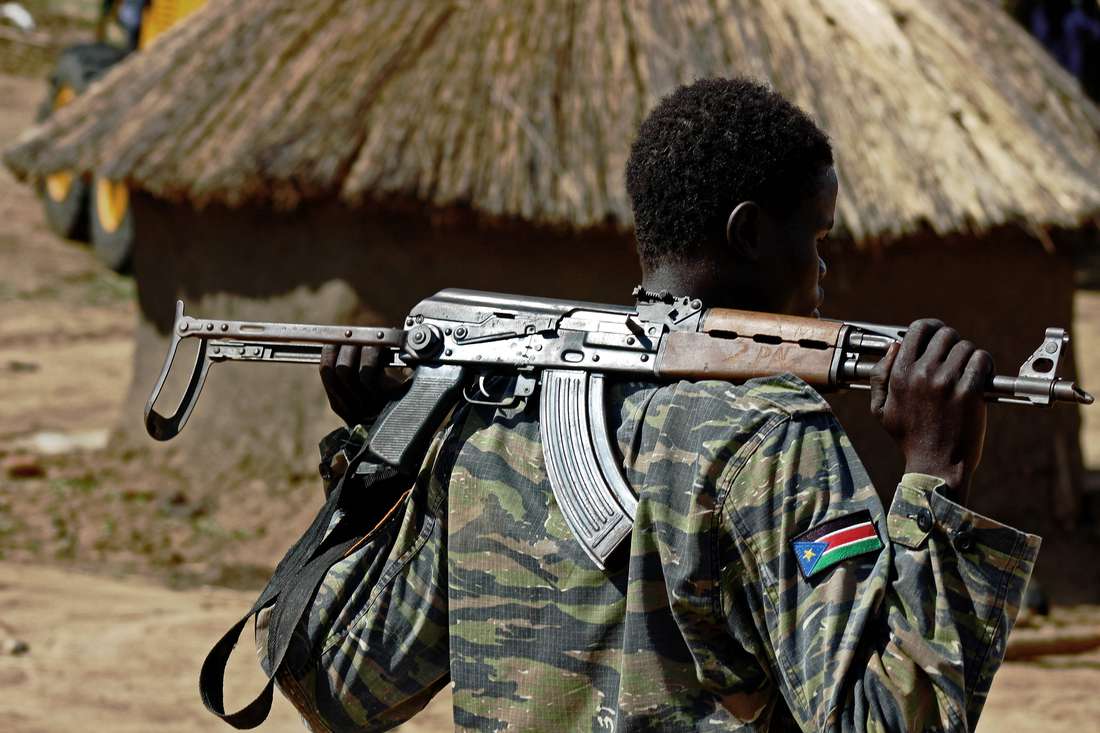South Sudan appeals for humanitarian aid for Sudanese refugees, expressing concern over the worsening situation in the coming days.
As of May 31, more than 87,000 individuals have crossed over, as reported by UNHCR. Notably, 53% of them are women and girls who arrive with only their clothes.
On Wednesday, the Minister of Humanitarian Affairs and Disaster Management of South Sudan emphasized the urgent need for assistance, stating that the ongoing conflict in Sudan has led to the continuous displacement of people who arrive with nothing and need food and shelter.
“Efforts are being made to provide them with shelter, access to water points, and even land for cultivation, with coordination between local authorities, communities, and humanitarian partners,” he added.
The conflict in Sudan that erupted on April 15 has resulted in thousands of people seeking safety in neighbouring countries while others remain trapped in Darfur and Khartoum.
The number of people fleeing to South Sudan, one of the largest host countries, is rapidly increasing, with over 1,500 arrivals estimated per day. The Renk crossing in Upper Nile State serves as a significant entry point. Still, the transit facility there is becoming overcrowded, and resources are strained, posing risks to the safety of the refugees.
In response to the escalating situation, UNHCR and its partners, including the South Sudan Red Cross, IOM, and the United Nations in South Sudan, are scaling up their assistance efforts. Emergency aid is being provided at the border, registration and pre-registration services are offered to ensure access to education and healthcare, and counselling and psycho-social support are provided to those in need. Special attention is given to unaccompanied or separated children, with child protection measures and family tracing initiatives in place.
The returnees and refugees arriving from Sudan often endure distressing experiences, including violence and traumatic conditions, during their arduous journeys. Many have been separated from their families, suffered traumas, or require urgent medical attention. Countries like South Sudan, Egypt, Ethiopia, Chad, Saudi Arabia, and the Gulf countries hosting these individuals need additional support to continue assisting those fleeing the conflict in Sudan.








